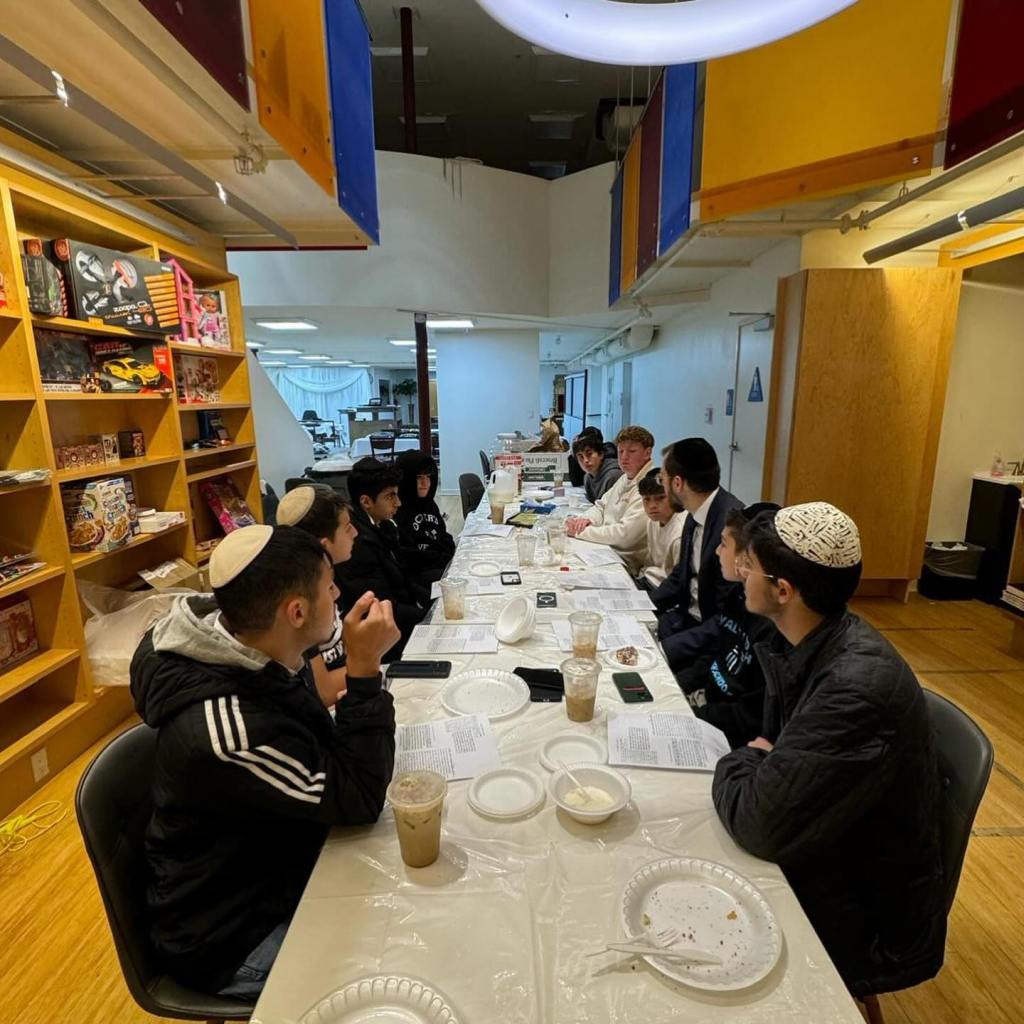In this week’s Parsha of Vayechi, the Torah recounts how Yaakov Avinu gathers his sons around his deathbed to bless them for the last time. When he gets to Yehudah’s blessing he says “Yehuda atah yoducha achecha[49:8]” meaning “Yehuda your brothers will admit to you” referring to the fact that his brothers will admit that he is their rightful ruler when the time comes for him to be given the kingship. The Kli Yakar explains that Yaakov specifically used the word “admit” to refer to the incident when Yehudah admitted his guilt with Tamar, and that is the reason he deserved the kingship.
Rav Sholom Schwadron ztz”l asks why Yehudah’s admission of guilt with Tamar was such a great deed. After all, she revealed his signet ring, staff, and cloak, which Yehudah very clearly recognized as his. If he had not admitted his guilt, Tamar and his own child would perish! If he had not admitted his guilt, it would have been plain murder! But apparently, this test was so great that Yehudah deserved to be king because of its difficulty.
Rav Sholom explains that he could have said to himself “True, I am at fault, but wouldn’t an admission be a Chilul Hashem? After all, I am the head of the court, and the future kings of Israel will descend from me! Surely the humiliation of a holy judge like me is a transgression! I’ll just postpone judgement until I find an excuse to acquit for some other reason. This way both my honor and Hashem’s honor will stay intact.”
Yehudah did not think any of these things when he saw Tamar reveal the signs he had given her. He immediately admitted: “She is right, it was from me.” The Midrash says that he admitted this in front of his own grandfather Yitzchak and Shem, the son of Noach, two other judges on the court, and great tzaddikim. The humiliation of this moment would have been great for any person having to admit such a thing. Yehudah was a great tzaddik, and yet, he did not think for a second that he should lie about what he did.
The name Yehudi, which comes from the name “Yehudah” now refers to every Jew. Why did Yehudah deserve this honor, for every Jew to be called after him? Targum Yonatan writes “Yehudah, you admitted with your incident with Tamar, so the people of our nation will be called after your name.[49:8]” It is in honor of this pure honesty that Yehudah deserved to have every Jew called Yehudi. And this honesty should be what every Yehudi strives to have.
Rav Chatzkel Levenstein ztz”l of the Ponevezher Yeshiva had a grandson in America who was critically ill. One Friday night, the child passed away. After Shabbat, the family sent a telegram to Rav Nachum Pertzovitz ztz”l of the Mirrer Yeshiva asking him to break the news to Rav Chatzkel. Rav Nachum quietly told Rav Chatzkel “We received news from America.” “I know,” Rav Chatzkel said, “I had a dream that my late father and another man buried the child in the cover of a Sefer Torah.” After they talked for a few minutes, a knock was heard at the door. That day was the day for eulogies to be given for Rav Yitzchak Sher ztz”l, the Rosh Yeshiva of Slabodka, and Rav Chatzkel was scheduled to give a eulogy.
A young man entered and asked, “When does the Rebbe wish to go to the eulogy?” “I can’t,” Rav Chatzkel said. “If I speak about Rav Yitzchak, I know I will begin to cry for my grandson. I do not wish people to think I am crying for Rav Yitzchak when I am really crying for my grandson. I do not want to shed false, misleading tears.”
Rav Chatzkel, one of the greatest of his generation, was not concerned for his own honor when he believed he would break down in tears while giving the speech. He was concerned that he would mislead people with his tears. This is why Yehudah deserved to be king, and this is what it means to be a Yehudi.





Leave a comment